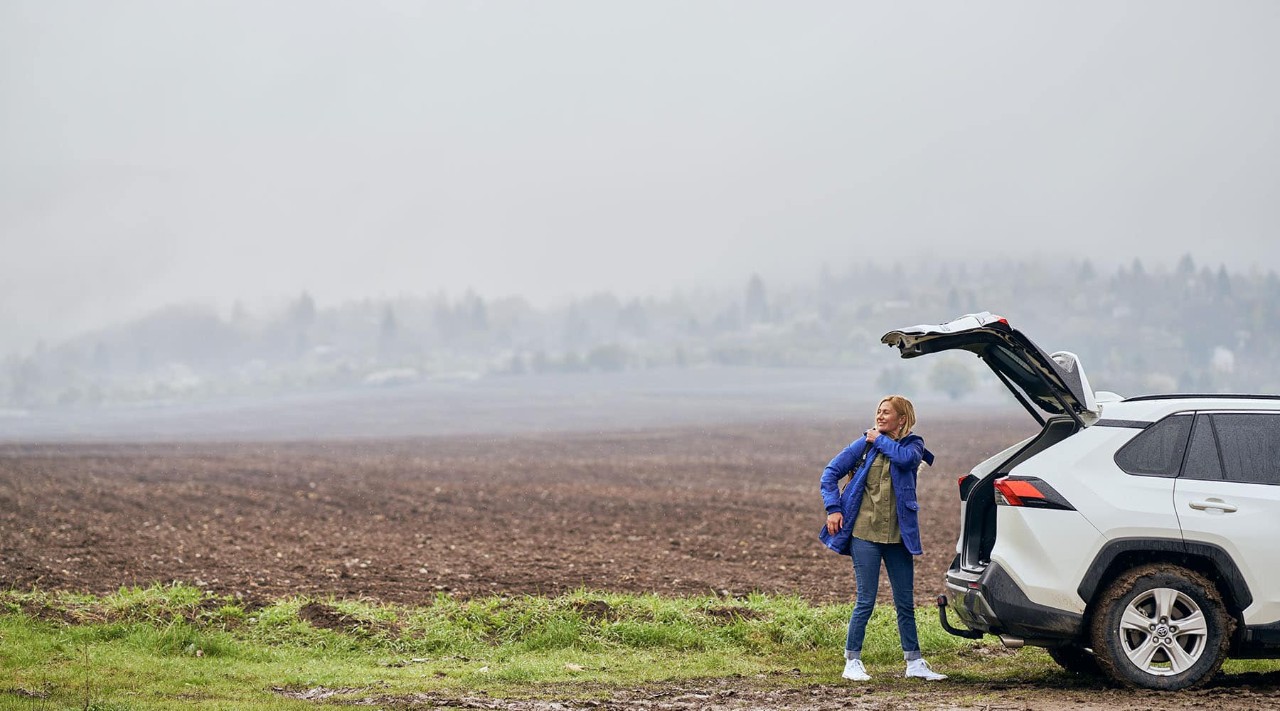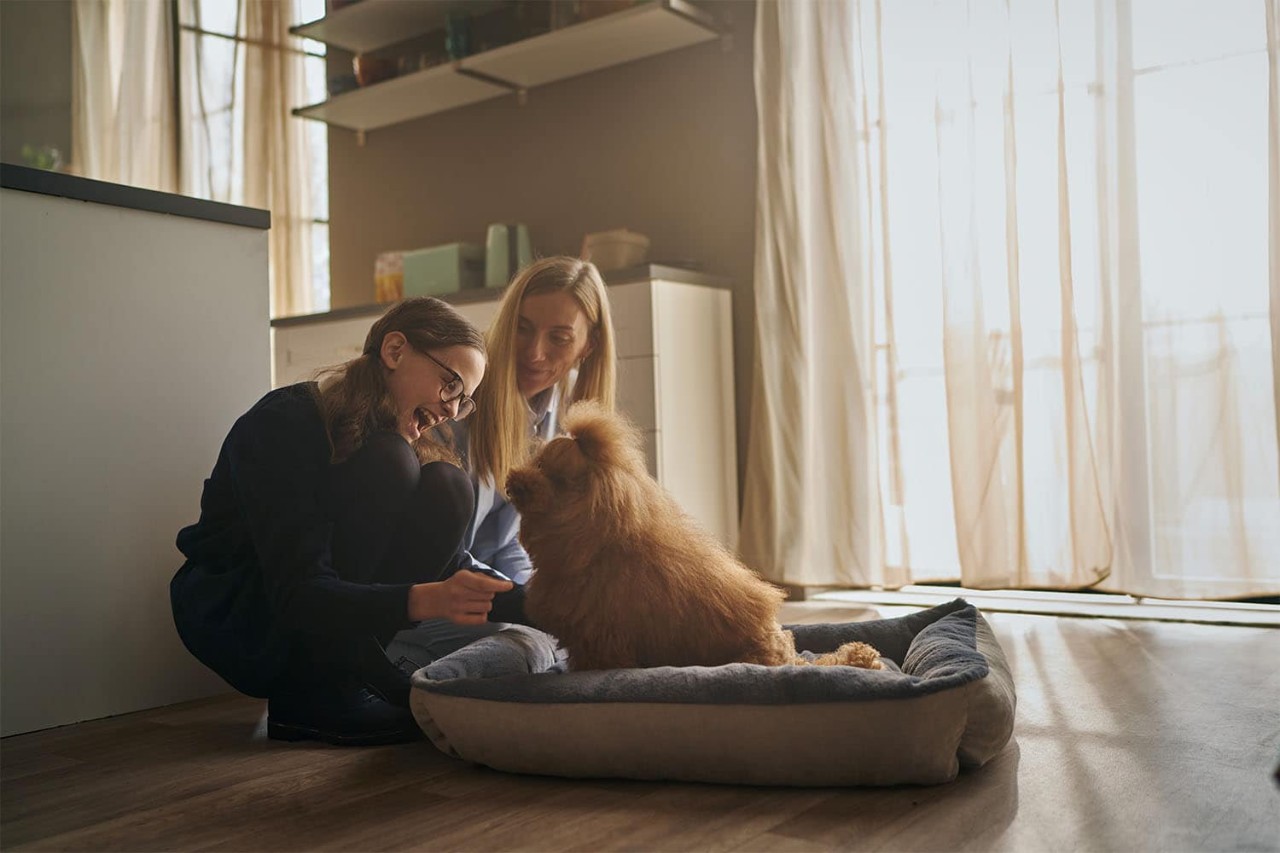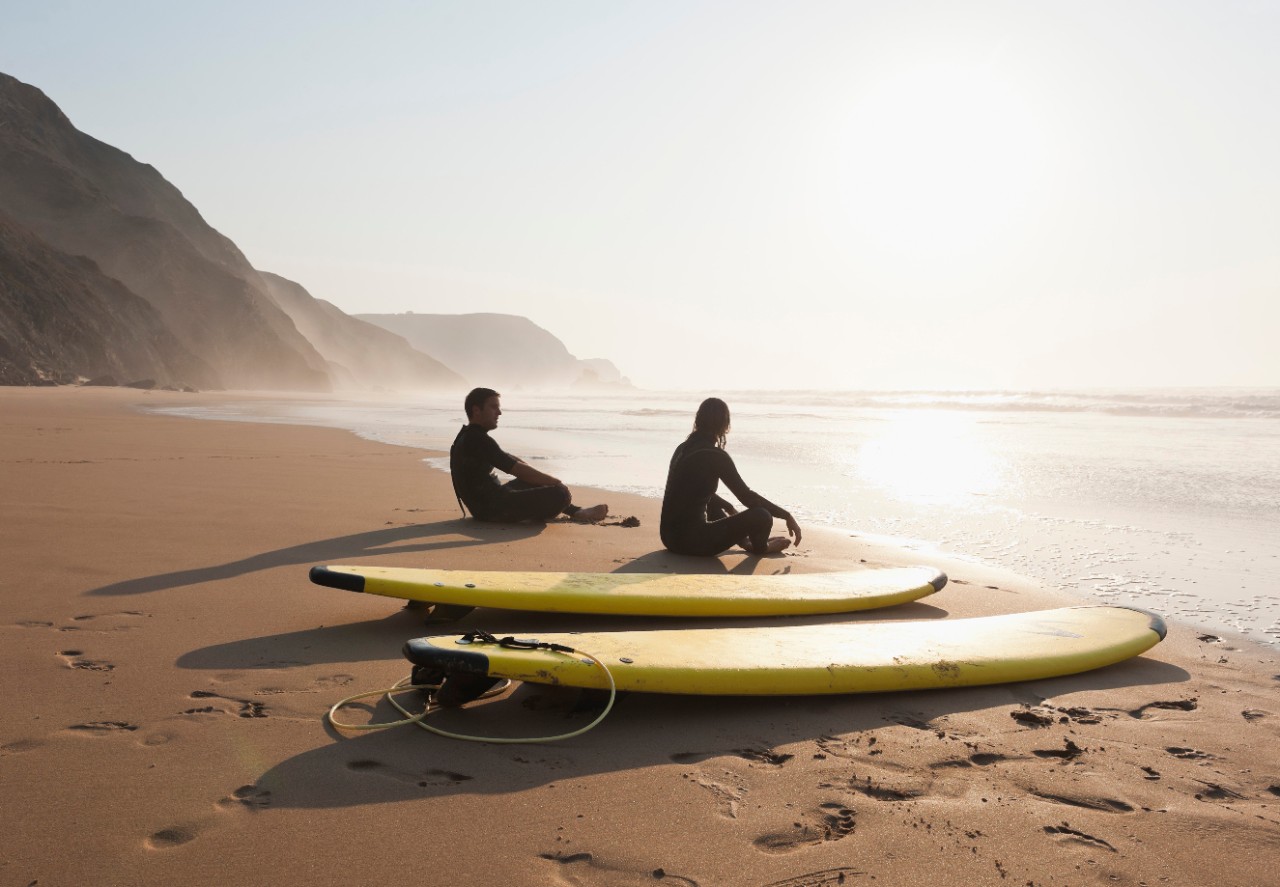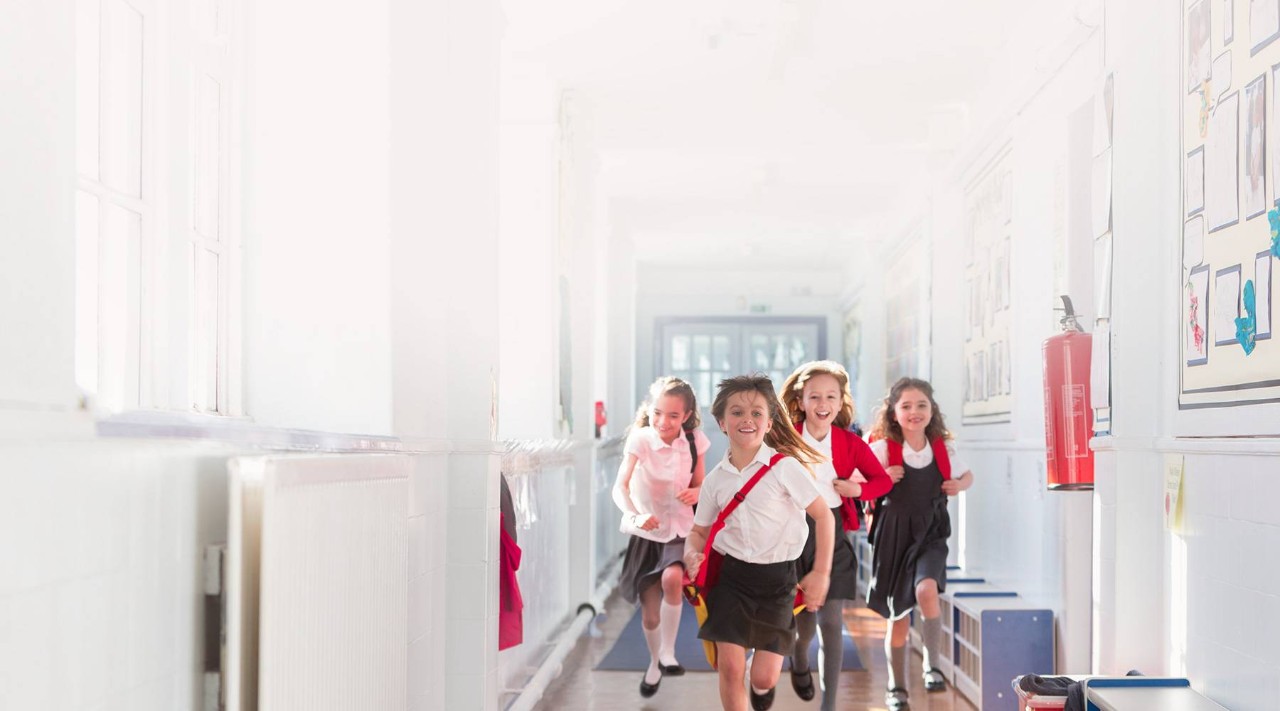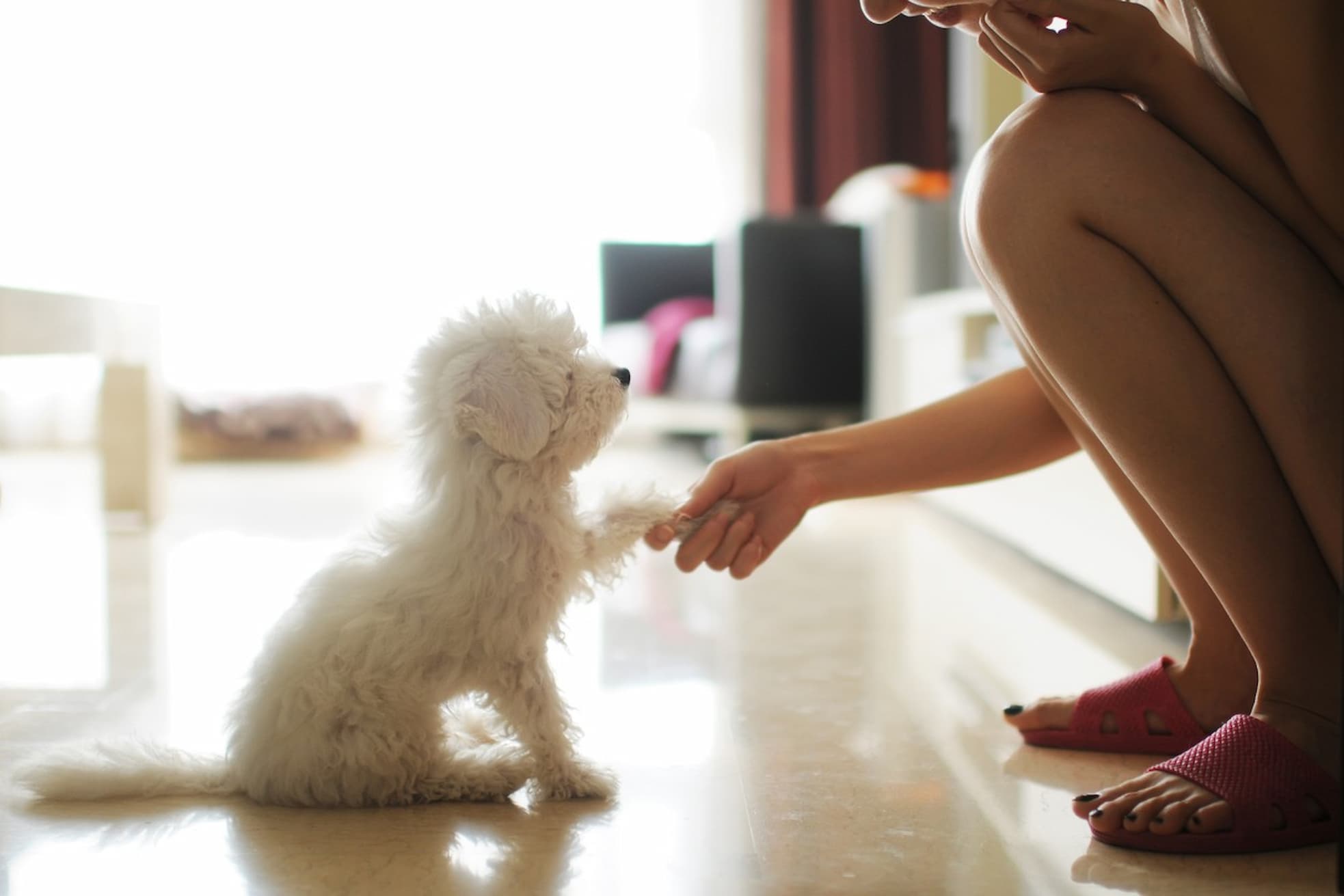Training your new pup
by Angela Hickey | 2 min read September 16th, 2021
The stress of a new home can potentially reduce your dog’s capacity to learn new behaviours. With kids going back to school now and routines getting back to normal, take advantage of quiet times to train your new pup. You can also check out how to help your pet adjust as COVID 19 restrictions lift over at this blog.
Creating a calm environment and following these tips can help to ease the transition into their new home.
Make a Den
Create a cosy ‘den,’ maybe using a crate with soft bedding, food, and water bowls and a chewy toy stuffed with treats. Bring something from their previous home to add in if possible. It will become their place of refuge to rest and feel safe and relaxed on their own. Limit access to the rest of the house until they are well settled in to the den and the room it occupies. This also helps prevent furniture being chewed.
Feeding
Feed small amounts often, and at regular intervals in the “den” . Ideally, to help avoid tummy upsets, you should use the same food your dog has been used to eating up till now and very slowly add in a new variety if you wish to change.
Toilet Training
After a feed and after a sleep, and on an hourly basis, take them outside to the area you want them to use as a toilet. As soon as they oblige praise them and give them a small treat. Gradually extend the time interval over a number of days but persist with this for a few weeks to create dependable toileting habits. If there is an accident do not punish, just clean it up and keep rewarding the successes.
General Obedience Training
Try to make training sessions a daily routine and a fun time for both you and your new dog. Use rewards suited to your dog to reinforce the right behaviour. Some dogs find food treats most attractive but others will prefer a ball or favourite stuffed toy as a reward. The reward should come as soon as the right behaviour is achieved. Alternatively, you can use pieces of their daily ration of kibble/dry food to replace treats and avoid weight gain.
The basic commands of ‘sit, stay, down, leave, come here’ etc. are important to teach as early as possible and will help to make life easier for both you and your dog. You can add in others like ‘high five’ for fun. They can enjoy the mental stimulation of training sessions as well as the bond they form with you as you interact in this way. Help other family members to get involved too so that there is consistency in how you all interact with your puppy. Get help and advice from local dog trainers and attend classes if possible so your dog will learn to obey you even with lots of distractions around them. There are also lots of useful information and videos online.
Introducing Your Dog to the Vet
Puppy parties at your local vets can be a great way to socialise your dog with other dogs and people and get lots of guidance from vet nurses about training, feeding, etc. It is also a chance for your dog to be exposed to the strange smells of the vet practice environment in a relaxed way.
Your first vet consult is very important and will involve a full health check, vaccinations etc. and guidance on any issues you are concerned about. Get your dog used to regular ‘check ups’ at home by regularly examining their ears, teeth, paws and clipping their nails so that they will be at ease with the vet’s examinations.
With some time, work, and consistency, your new dog should be well on their way to desired behaviour.
